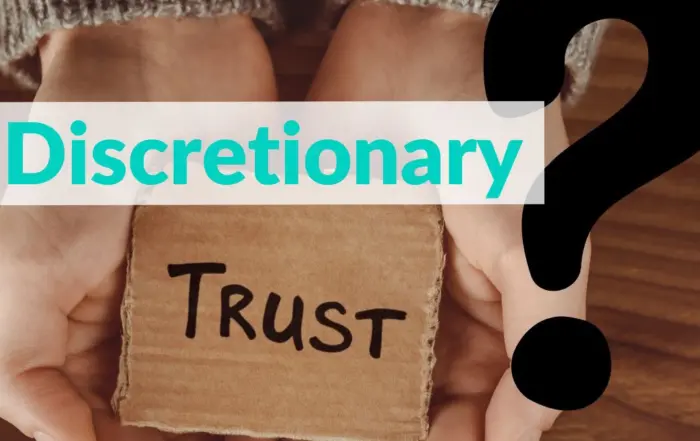Residuary Estate
Your residuary estate is the bulk of your estate after payment of any liabilities, and fixed cash legacies. Your will does not need to list assets, and it can simply refer to either ‘the whole of my estate’ or ‘the rest of my estate’ (if you have left cash legacies). Check out various guides on residuary estate, and if you can not find what you are looking for – do reach out to expert wills and probate solicitors.
VALUE
SIMPLE
QUICK
EXPERT
Wills Services
5 STAR Solicitor reviews!
Check out other solicitors’ websites and they’ll be littered with self-adulation – they’re “leading solicitor” this, and “solicitors doing” that. Rather than toot our own horn we’d rather you be the judge of how good our solicitors are. Trustpilot is a totally independent review site where our clients are free to leave whatever thoughts they feel best describe the legal service they received from us. It’s raw. It’s honest. It’s for real. And critically, it’s from you!
Contact our Wills Solicitors
Our expert Wills solicitors can help with all aspects of wills. Whether you need a simple will, a complex will trust, or perhaps you have assets abroad. We can help! So, get in touch – we’re looking forward to helping you!















